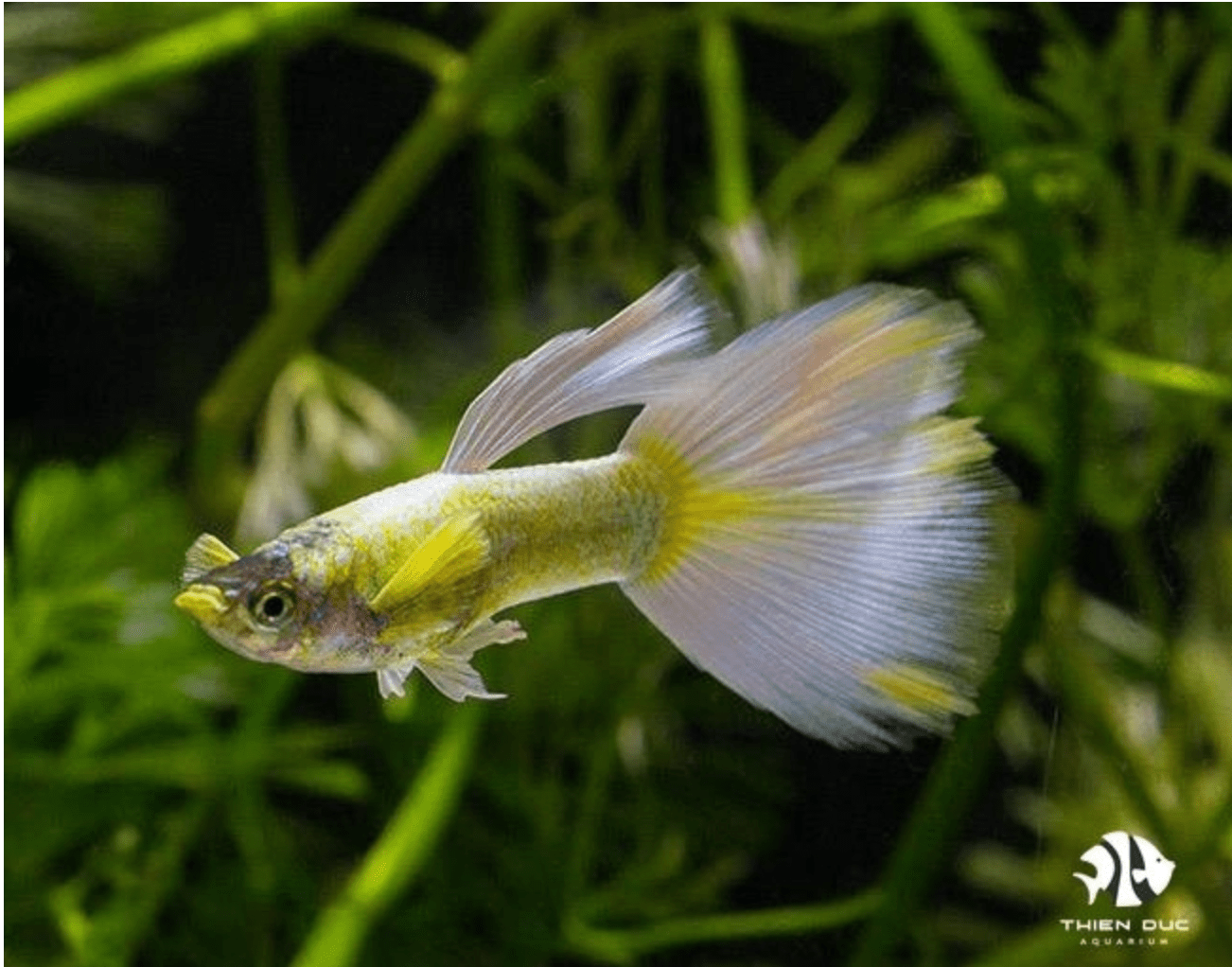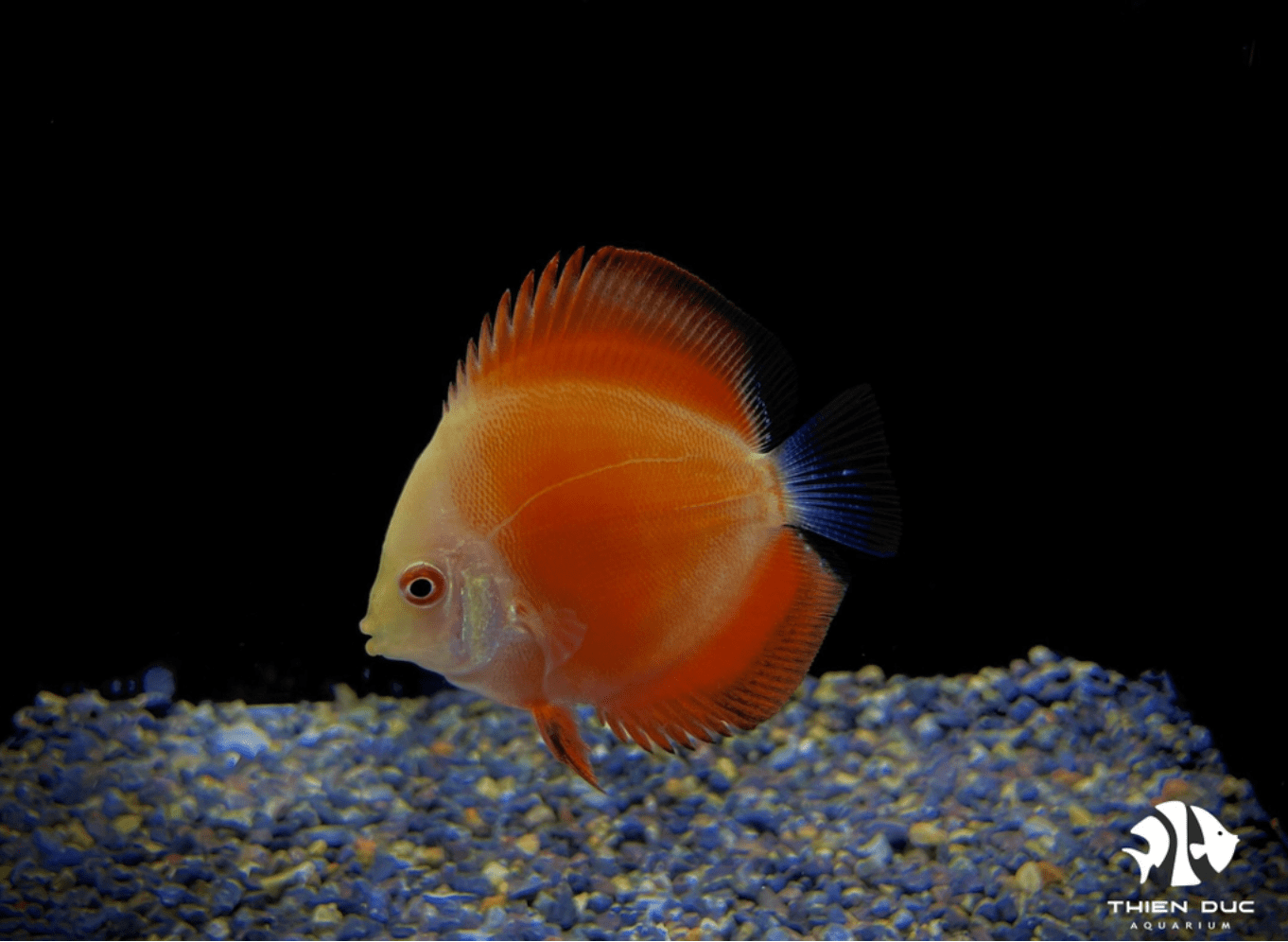Fish disease prevention: Proactive care for healthy stock
It's critical that your fish stock is healthy. Proactive, preventative measures are the cornerstone of sustainable fish keeping, as they are far more effective than treating diseases after an outbreak. THIENDUC AQUARIUM, a leading exporter of high-quality freshwater ornamental fish since 2012, is committed to this philosophy. Our focus on Fish disease prevention ensures our partners in the European market—including the UK, Germany, France, and the Netherlands—receive robust and healthy stock.
The Importance of a Stable and Clean Environment
The most crucial factor in Fish disease prevention is maintaining a pristine and stable living environment. A healthy habitat is a stress-free habitat, and a low-stress environment is the single greatest defense against illness. The health of your fish is directly linked to the quality of the water they live in. Consistent and careful monitoring of water parameters is a non-negotiable step. This involves regularly testing and maintaining optimal levels for pH, ammonia, nitrite, and nitrate. These seemingly simple metrics are the building blocks of a healthy aquatic ecosystem.

The nitrogen cycle, a fundamental biological process, is the engine that drives water quality. It is the process by which fish waste is broken down by beneficial bacteria into less harmful compounds. A sudden spike in ammonia or nitrite can burn a fish’s gills and poison its system, leaving it vulnerable to pathogens. Therefore, understanding and supporting this cycle is essential for long-term health. Water changes, while simple, are a vital component of this. Regular, partial water changes remove accumulated nitrates and replace essential minerals, helping to maintain a balanced environment. It is crucial to use a water conditioner to neutralize chlorine and chloramine in tap water, which are toxic to fish and can harm beneficial bacteria.
Filtration is another pillar of a healthy tank. A robust filter system removes physical waste, detoxifies harmful chemicals, and provides a large surface area for the beneficial bacteria that drive the nitrogen cycle. We recommend a multi-faceted approach, combining biological, mechanical, and chemical filtration. Mechanical filtration removes solid particles, keeping the water clear. Biological filtration, through beneficial bacteria, handles the chemical waste. Chemical filtration, such as activated carbon, removes other impurities. At THIENDUC AQUARIUM, our advanced filtration systems and meticulous water management protocols are what allow us to produce the healthiest stock, ready to thrive in any European home or commercial setup.
Finally, temperature control plays a significant, though often overlooked, role in Fish disease prevention. Since fish are ectothermic, their environment controls their body temperature. A stable, consistent water temperature is vital for their metabolism and immune function. Sudden fluctuations can cause severe stress, weakening their natural defenses and making them easy targets for diseases. Investing in a reliable heater and thermometer, and placing the tank away from drafts or direct sunlight, are simple yet effective measures to ensure your fish remain resilient.
The Role of Nutrition and Diet
Just as with humans, a well-balanced diet is fundamental to building a strong immune system in fish. A malnourished fish is an unhealthy fish, and no amount of pristine water can compensate for poor nutrition. A varied diet of high-quality food provides the necessary vitamins, minerals, and nutrients to support immune function, promote vibrant coloration, and encourage natural behaviors.
For our diverse range of fish, from wild-caught species from the rivers of Vietnam, Laos, and Cambodia to our carefully bred stock, THIENDUC AQUARIUM ensures a premium diet. We feed a combination of high-quality flakes, pellets, and live or frozen foods, meticulously selected to meet the specific dietary needs of each species. This commitment to superior nutrition from the very beginning is another reason our fish are so well-regarded in the European market. Our extensive network of wild fish collectors also allows us to provide species that have been fed on their natural diet, ensuring a smooth transition for our customers. This holistic approach to nutrition is vital for Fish disease prevention.

Proper nutrition is just as essential. Overfeeding is a common mistake that can have disastrous consequences. Excess food breaks down, increasing waste and polluting the water. This can lead to a dangerous buildup of ammonia and nitrites, a direct cause of stress and disease. Overfeeding also causes digestive issues and bloating in fish. A simple rule of thumb is to feed only what your fish can consume within a few minutes. We recommend feeding small amounts multiple times a day rather than one large meal. This method reduces waste and ensures all fish have an opportunity to eat, contributing significantly to Fish disease prevention.
Practices for Stocking and Quarantine
Introducing new fish and avoiding overcrowding are critical steps to prevent the spread of pathogens. The moment you introduce a new fish to an existing community, you risk introducing a new pathogen. Even if a fish looks healthy, it could be a carrier of a disease that your current stock has no immunity to. This is where a quarantine tank becomes an invaluable tool.
A separate, simple quarantine tank allows you to isolate new fish for at least two weeks. During this period, you can monitor them for any signs of disease, such as lethargy, physical spots, or changes in behavior, without risking your main tank’s ecosystem. It is also an excellent opportunity to help the new fish acclimate to their new diet and surroundings. At THIENDUC AQUARIUM, we are extremely rigorous with our quarantine procedures. Our vast system of wild-caught fish, from Vietnam to China and Thailand, are all meticulously quarantined and observed by our expert team before they are deemed fit for export. This practice is central to our philosophy of Fish disease prevention and provides peace of mind for our EU clients.
Overstocking, while tempting, is a recipe for disaster. Too many fish in a tank increase stress levels and aggression, and, most importantly, overwhelm the filtration system. The buildup of waste leads to poor water quality, which in turn leads to stress and a weakened immune system. A crowded tank is a breeding ground for disease. Providing general guidelines for appropriate stocking levels—for example, one inch of adult fish per gallon of water for small to medium species—is a good starting point. However, it's always better to err on the side of caution and give your fish ample room to swim and grow. Proper stocking is a fundamental pillar of Fish disease prevention.
Early Intervention and Observation
Vigilant, daily observation is your first line of defense against any potential health issues. The most successful fish keepers are those who have a keen eye for subtle changes in their fish's behavior and appearance. This is not just a passive activity; it is an active practice that can make the difference between a minor issue and a full-blown outbreak.

Make it a habit to check your fish at least once a day, paying close attention to their swimming patterns, appetite, and interactions with other fish. Look for signs of lethargy, clamped fins, or erratic swimming, all of which are early warning signs of illness. You should also regularly inspect their physical appearance for any spots, unusual growths, frayed fins, bloating, or discolored patches. Catching these symptoms early allows for immediate action, often preventing the spread of the disease to the entire tank.
Additionally, consistent sanitation and maintenance are key. Regularly cleaning the tank gravel, decorations, and equipment helps remove decaying organic matter and reduces the workload on your filter. It is also a good practice to use dedicated tools for each tank to prevent cross-contamination, especially if you have multiple aquariums. The commitment to cleanliness, paired with careful observation, is a powerful one-two punch for effective Fish disease prevention. The team at THIENDUC AQUARIUM understands this well, which is why our facilities are kept to the highest standards of cleanliness and hygiene to ensure that every fish is nurtured in the healthiest environment.
Conclusion
Proactive Fish disease prevention is the key to success, a holistic philosophy built on impeccable water quality, premium nutrition, smart stocking, and daily observation. This same philosophy guides THIENDUC AQUARIUM, from our advanced filtration to our strict quarantine protocols. We are committed to providing our European partners with fish that are not only beautiful but also robust and healthy, giving you a strong foundation for your aquatic business.
Contact Information:
-
Address: 57 Le Thi Sieng, Tan Thong Hoi, Cu Chi, Ho Chi Minh City, Viet Nam
-
Mobile: +84903912501
-
Office: +84982577871
-
Email: thien@thienducaquarium.com










